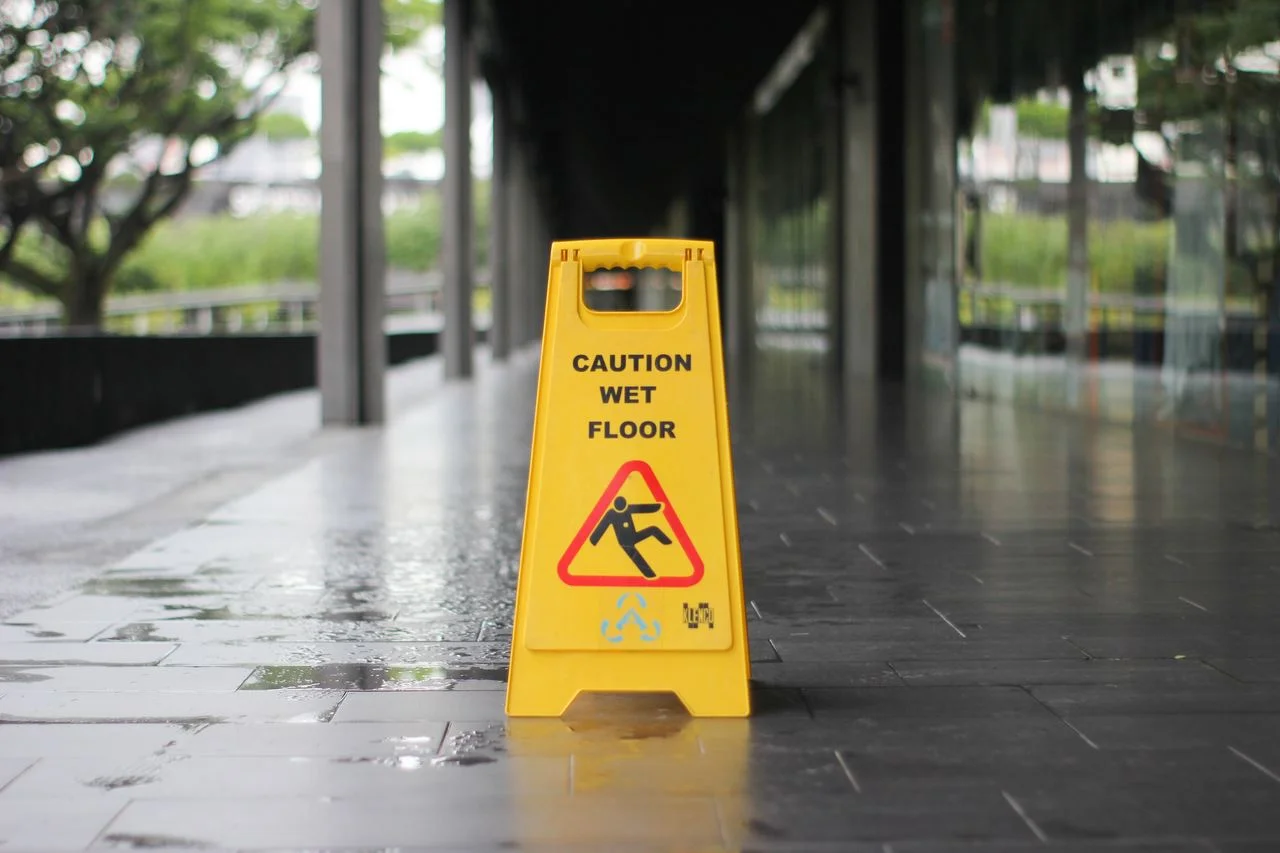Comparative Fault in Florida’s Premises Liability Claims in Fort Myers

Premises liability claims in Fort Myers, Florida, can be intricate legal matters, especially when the issue of comparative fault arises. Understanding how comparative fault works in the context of premises liability cases is essential for individuals seeking compensation for injuries sustained on another party’s property. Here, we provide insight into the concept of comparative fault and its implications for premises liability claims in Fort Myers.
What Is Comparative Fault?
Comparative fault, also known as comparative negligence, is a legal principle used to apportion responsibility for an accident or injury among multiple parties. In Florida, the comparative fault system allows for the allocation of fault based on the degree of negligence of each party involved in an incident.
How Does Comparative Fault Apply to Premises Liability Claims?
In premises liability cases, comparative fault may come into play when determining liability for an accident or injury on someone else’s property. For example, if a visitor to a property fails to exercise reasonable care for their own safety and contributes to the accident, their degree of fault may be assessed alongside that of the property owner or occupier.
Pure Comparative Fault Rule in Florida
Florida follows a pure comparative fault rule, which means that a plaintiff’s recovery in a personal injury case may be reduced by their percentage of fault for the accident. Even if the plaintiff is found to be primarily responsible for the accident, they may still recover damages, albeit reduced by their percentage of fault.
Implications for Premises Liability Cases
In premises liability cases in Fort Myers, comparative fault can impact the outcome of a claim in several ways:
- Allocation of Fault: The court or jury may assess the fault of both the plaintiff and the property owner or occupier in causing the accident. The plaintiff’s recovery of damages will be adjusted based on their percentage of fault.
- Defenses by Property Owners: Property owners or occupiers may raise comparative fault as a defense to reduce their liability for the plaintiff’s injuries. They may argue that the plaintiff’s own negligence contributed to the accident and resulting injuries.
- Settlement Negotiations: Comparative fault considerations may also factor into settlement negotiations between the parties involved in a premises liability claim. Parties may negotiate the allocation of fault and the amount of compensation accordingly.
Seeking Legal Representation
Given the complexities of comparative fault in premises liability cases, it’s crucial for injured individuals in Fort Myers to seek legal representation from experienced personal injury attorneys. An attorney can assess the circumstances of the accident, investigate the evidence, and advocate for the plaintiff’s rights and interests in pursuing fair compensation.
Conclusion
Understanding the concept of comparative fault is essential for individuals involved in premises liability claims in Fort Myers. By being aware of how comparative fault may impact their case, injured parties can navigate the legal process more effectively and pursue the compensation they deserve for their injuries and damages.

 Call Us Today - It's Free
Call Us Today - It's Free